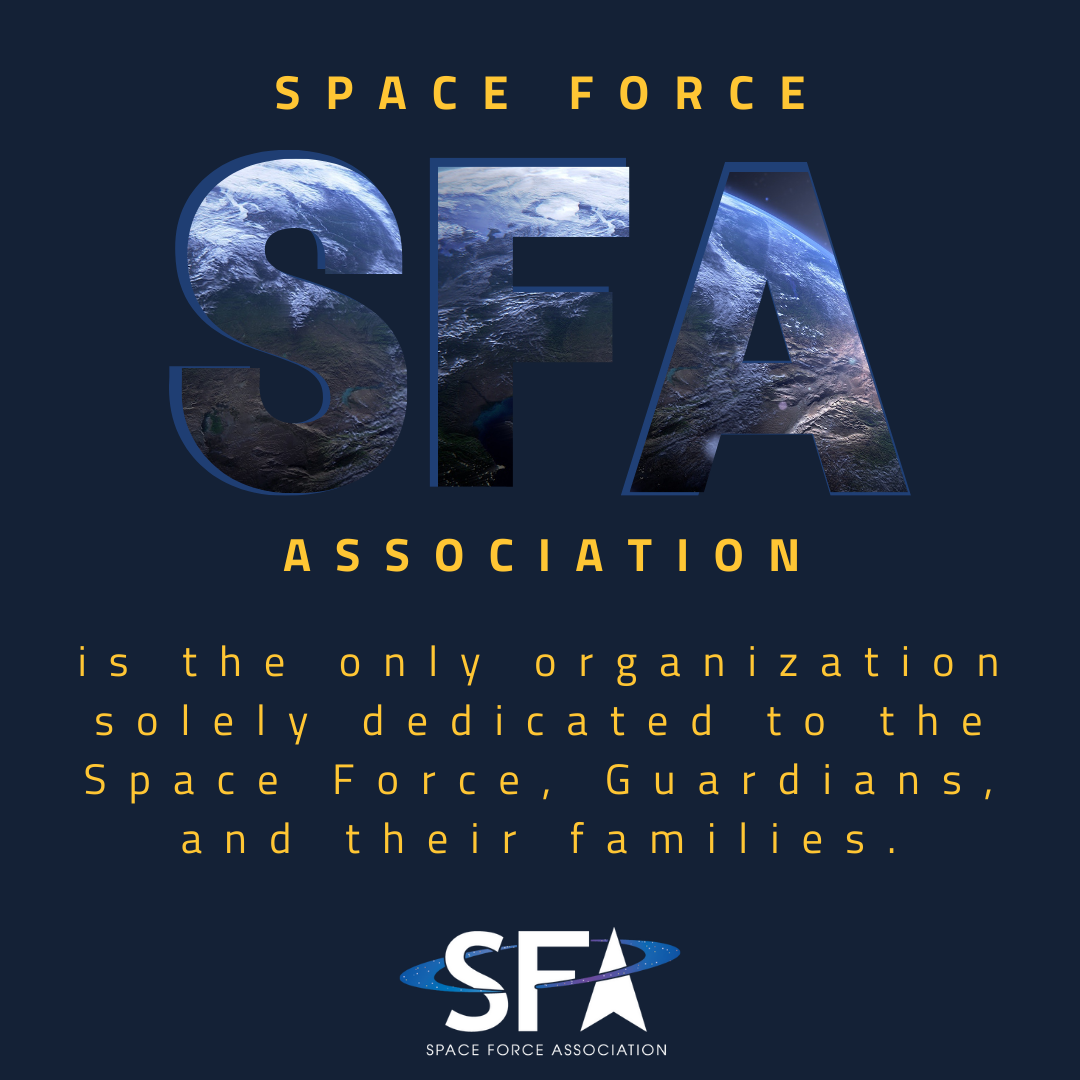The Space Force Association (SFA) has reached an agreement with the Association of the United States Army (AUSA) to provide their respective members with additional benefits, networking, professional development, advocacy programs and more.
The “Membership Partner” program is designed to build stronger ties between the two entities while supporting their respective members. “The SFA is pleased to join with like-minded organizations to broaden its membership and to provide additional benefits to both organizations,” stated SFA president and founder Bill Woolf, Col. USAF (ret.).
For information on joining the SFA and for the many benefits available via AUSA visit our membership page. Current SFA members may CLICK HERE to learn more about savings and other programs.
The Space Force Association is open to military and civilians and is the only organization dedicated 100% to supporting the United States Space Force and its Guardians. Members of both the SFA and AUSA will enjoy the privilege of both organizations including magazines, training, discounts and other services.
AUSA is open to everyone, whether you have a relationship with the US Army, or would simply like to offer your support to our soldiers. All Army ranks and all components are represented in AUSA– including Regular Army, National Guard, Army Reserve, Government Civilians, Retirees, Wounded Warriors, Veterans, concerned citizens and family members. Indeed AUSA welcomes anyone and has members from all military branches who subscribes to the philosophy of a strong national defense with special concern for the Army. Community businesses and defense industry companies are also vital and contributing members of AUSA.
More About AUSA
The Association of the United States Army is a nonprofit educational and professional development association serving America’s Army and supporters of a strong national defense. AUSA provides a voice for the Army, supports the Soldier, and honors those who have served in order to advance the security of the nation. AUSA is open to all military branches as well as civilian supporters.

AUSA supports soldiers, their families and Army civilians, provides a voice for the Army, and honors those who have served. As the Army’s premier, nonprofit, educational and professional association, we:
• Educate those we serve (soldiers and their families, Army civilians, retired soldiers and veterans, and the businesses and industries that support the Army) with programs, products, resources and events…
• Inform our members, Congress and the American public about issues affecting America’s Army – Regular Army, Army National Guard and Army Reserve, and…
• Connect America’s Total Army, its industry partners, like-minded associations and other supporters at the national, regional and chapter levels.
Why SFA?
The Space Force Association is the only independent, 501(c)(3) non-profit organization that serves as a professional military association whose sole focus is supporting the United States Space Force, United States Space Command, U.S. national spacepower at large, and our global partners and allies’ efforts in space exploration. Its core functions are to research, inform, and advocate to achieve superior spacepower by shaping a Space Force that provides credible deterrence in competition, dominant capability in combat, and professional services for all partners. In addition, the SFA has an essential function to provide support for the men and women of the U.S. Space Force. Membership is open to both military and civilians.














